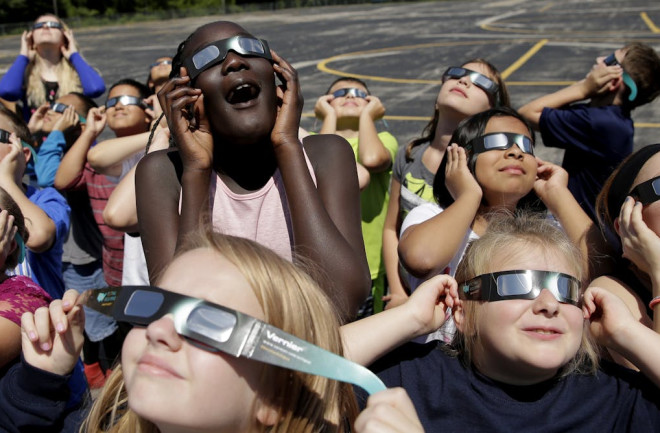On April 8, 2024, and for the second time in the past decade, people in the U.S. will have an opportunity to view a total solar eclipse. But to do so safely, you’ll need to wear proper protection, or risk eye damage.
Earth is the only planet in our solar system where solar eclipses can occur. During these celestial events, the Moon passes between our planet and the Sun, blocking the Sun and casting a shadow over the Earth. Total eclipses rarely happen multiple times in the same region of a country during one’s lifetime.
The path of totality for this spring’s eclipse, where you can view the total eclipse, will extend over a 100-mile path that crosses through Mexico, Texas, New England and eastern Canada.

